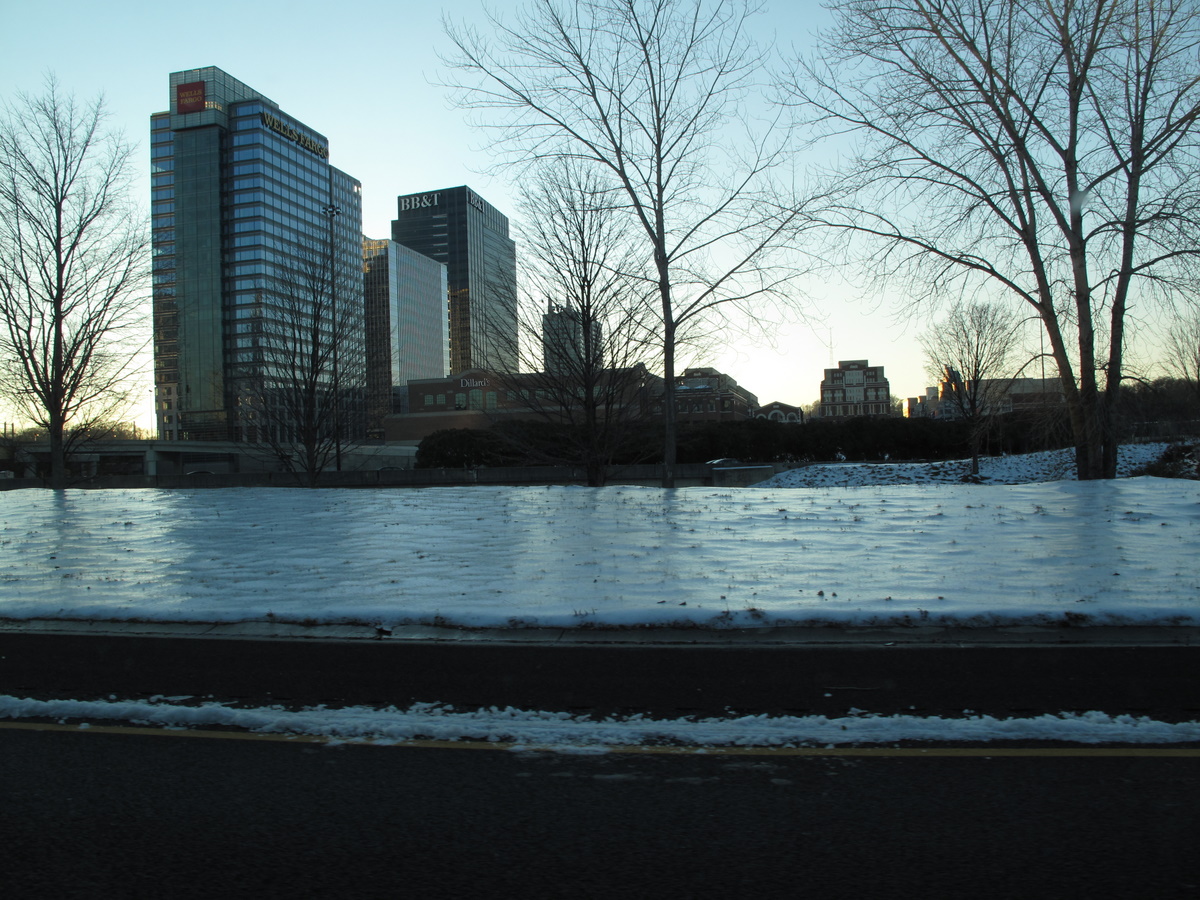The city and the country
The semester has shifted into full swing, even though I have yet to attend a class. I've been doing so much reading though, and already have so many dog-eared pages and underlined sentences and bracketed paragraphs, I can tell it's going to be a theme here for awhile: the public and history, the relationship, the interaction, the communication challenges, the chasm between public memory and historical awareness and the world of academic scholarship. Readings for two of my classes have overlapped to a freakish degree, meaning I have read literally dozens of articles and chapters in the last week and every single one has been on this subject: the public and history, and public historians.
I do love when class readings overlap with similar themes, authors, and topics, as it creates an even deeper dialogue for my own thinking on whatever it is I'm focused on. It almost always surprises me too, when it happens, because it has often been in seemingly unrelated classes. These aren't as surprising. One is Museum Studies, the other is Intro to Public History.
There are so many juicy subjects that I have been pondering this week, most of which I don't have time to develop into larger posts, and quite honestly, my extended writings on some of these things might rehash or drive into the ground the words and arguments the historians have already composed. But because some of it is so juicy, so thought-provoking to me, I have to share, if for nothing else than to have some of these tidbits in one place.
So here:
This quotation is from William Cronon's Nature's Metropolis: Chicago and the Great West, from the prologue, in which he dissects his childhood notions of the city as compared to the country, and how those contain such specific constructs in our minds. His thoughts absolutely resonated with me, with some of my own childhood perceptions, and with those moments of revelation when you discover something so stunningly simple that still took you years to figure out.
Never having lived in a great city, I had no idea how little I understood it, but my continuing instinct was to mistrust and dislike it. Loving the rural landscape--and later, as I discovered the West, loving still wilder land as well--I felt quite certain that I could never call the city home. Like many who came to adult consciousness during the environmentalist awakening of the late sixties, I wished to live close to "nature." If asked to choose between city and country, I'd have felt no hesitation about my answer. More important, I'd have thought it perfectly reasonable--perfectly natural--to pose the choice in just these stark terms. Chicago represented all that was most unnautral about human life. Crowded and artificial, it was a cancer on an otherwise beautiful landscape.
One of the pleasures of childhood and adolescence is that one can experience emotions of this sort without worrying too much about their possible contradictions. These feelings came easily--my love of nature and the pastoral countryside, my dislike for the city, and beneath them, the romanticism which had schooled me in such perceptions. It took me a long time to realize that I had learned them from a venerable tradition in American and European culture, and an even longer time to suspect that they were distorting my sense of city and country alike. I can't pinpoint when it happened, but I gradually began to sense that my own life (including my affection for things natural) was not so free of the city and its institutions as I had once believed.
Reflecting on the various expeditions I made between my parents' Madison home and assorted rural retreats around Wisconsin, I became troubled by what seemed a paradox in my easy use of the word "natural." The more I learned the history of my home state, the more I realized that the human hand lay nearly as heavily on rural Wisconsin as on Chicago. By what peculiar twist of perception, I wondered, had I managed to see the plowed fields and second-growth forests of southern Wisconsin--a landscape of former prairies now long vanished--as somehow more "natural" than the streets, buildings, and parks of Chicago? All represented drastic human alterations of earlier landscapes. Why had I seen some human changes as "natural"--the farm, the woodlot, the agricultural countryside--but not the other changes that had made "nature" into "city"? How could one human community be "natural" and another not?

